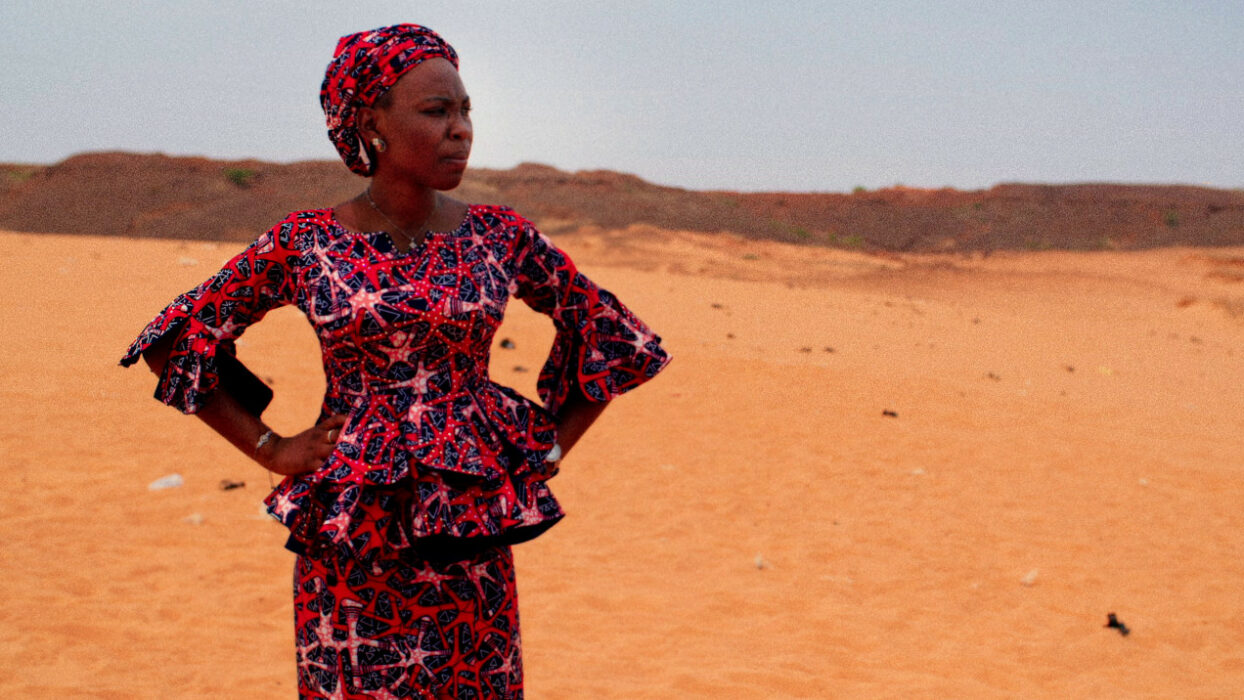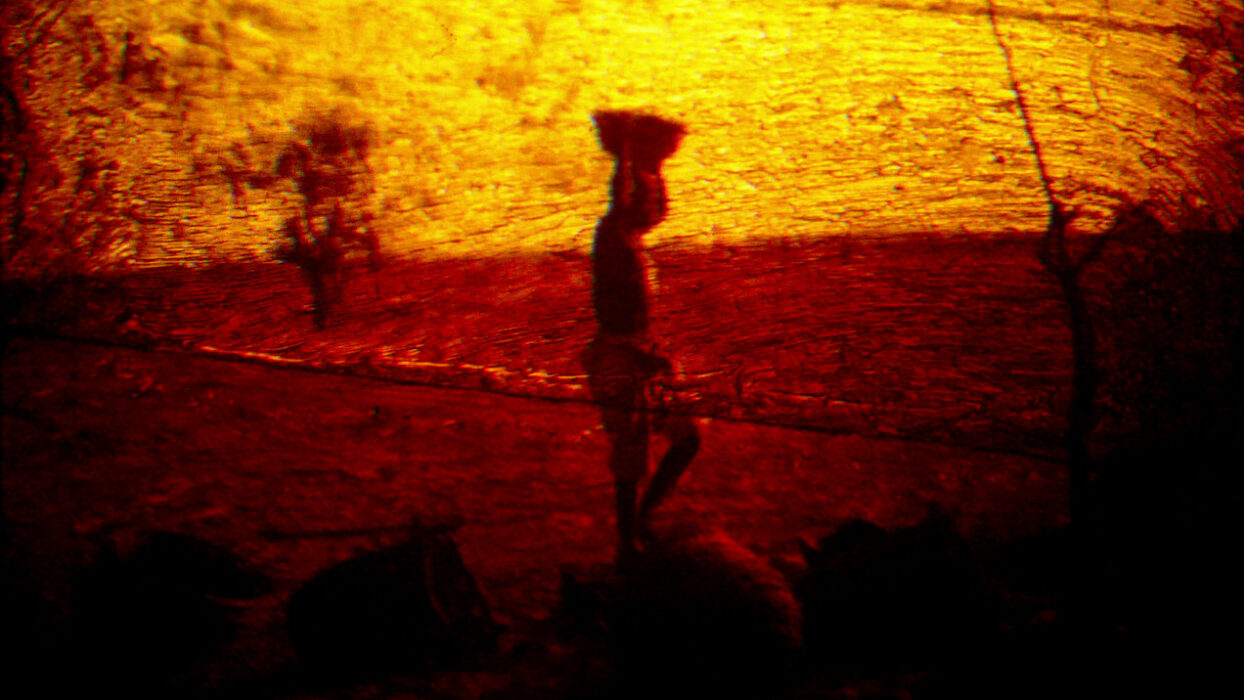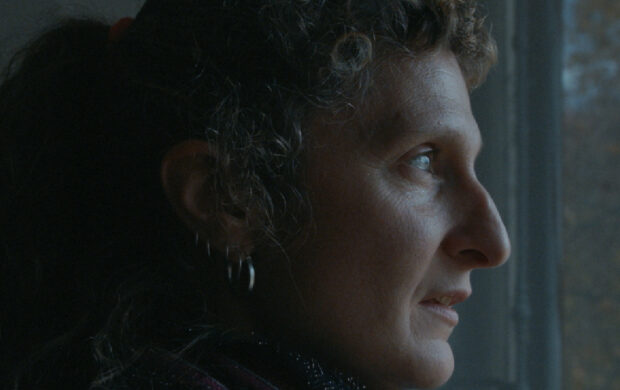The Big Everything
How’s the Big Everything? Garba asks Nicole. For them, the “Big Everything” encompasses family, politics, History, daily life, the stars, small things, and time passing like the wind. By delving into their memories, at the time of Niger’s independence, we come face to face with the complexity of the present.
The Big Everything is perhaps the story of a memory searching for its form. An intimate memory, first and foremost – that of the filmmaker – but also the much vaster memory of a country, Niger, where Nicole, a white French ethnologist and the filmmaker’s mother, worked, learnt, observed and questioned what she observed. This is what Aminatou Echard does in turn, tracing her footsteps, not to reproduce but to understand. Nicole left archives, images, recordings that the filmmaker takes to Niamey and shares with students. They work on and analyse this material, Nicole’s positioning and her research, concerned by the mechanisms of domination, colonisation and the relations between blacks and whites that they have inherited. The film moves forward in a spiral, in fits and starts, discoveries and reappraisals such that the past finds its echo in the present. In Nicole’s correspondence, her co-worker Garba appears. Signing his correspondence as the interpreter, tradesman, liar, child, he is above all an emancipated man. He is also freedom – the freedom sought by the students, a hampered freedom. Transmission does not follow a straight line but through tensions. The Big Everything offers few answers but comes up with good questions in the hidden meaning of things, in what escapes us. Searching means accepting that you cannot grasp everything and letting go of what seems to belong to you. The filmmaker does indeed let go and her voice-over, an expression of her control, retreats to the point of disappearing. She yields even to the images that the students shoot, and ends the film with their gazes. A shared history falters to perhaps enable another history to fill the breaches.
Clémence Arrivé-Guezengar
Aminatou Echard
She studied Ethnomusicology and cinema. As an artist who works with experimental film and documentary, Aminatou’s focus is how space transforms people and how people inhabit spaces. She conveys this idea by exploring the relationship between sound and image.Fieldwork is an essential part of her artistic practice. From 2006 onwards, she travelled regularly to Central Asia (Kyrgyzstan, Uzbekistan and Kazakhstan), where she collected numerous Super 8 images and sounds in order to explore the special links forged between people and their environment. In 2007 she directs Kyrghyz sketches, a short experimental film from the first collected material and in 2010 Broadway, a documentary produced by the G.R.E.C and Jamilia in 2018, a Super 8 feature film presented at the Forum Berlinale 2018 and at Cinéma du réel.
Survivance, Naoko Films, Beata Sabova
Sylvain Dufayard, Aminatou Echard
Gil Savoy
Aminatou Echard, Young Sun Noh
Survivance / carine@survivance.net
